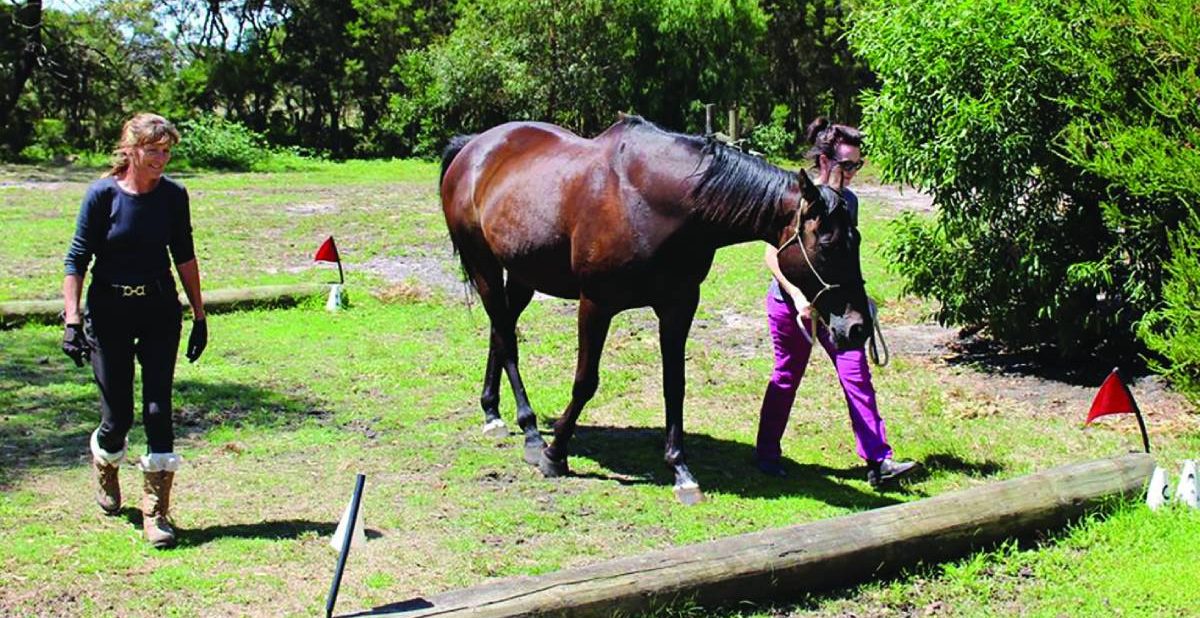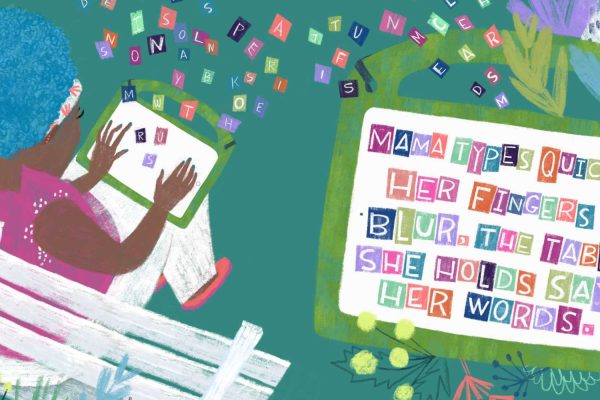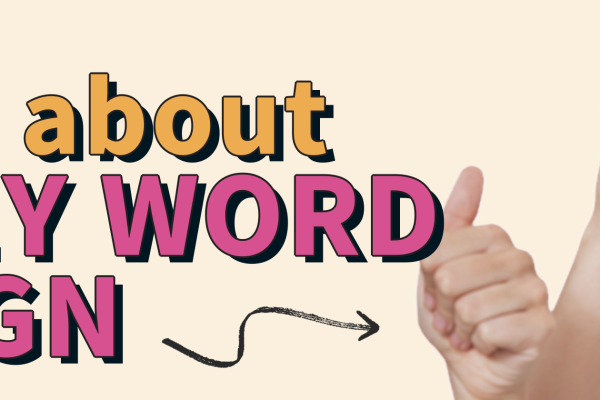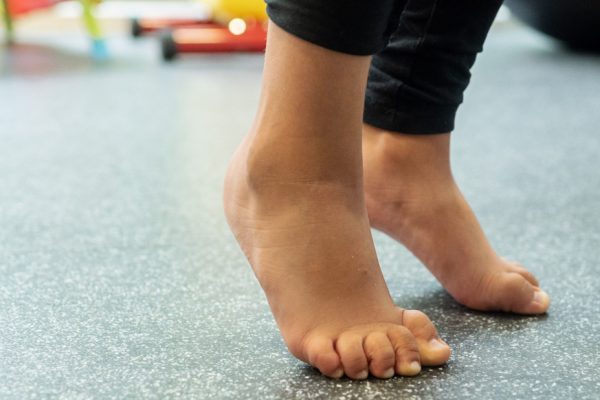
A guide to equine facilitated learning
by Elaine Russell
Interaction with horses has been used in therapeutic scenarios by numerous organisations for decades, but there is still very limited research and few recognised studies into how or why these interactions are beneficial – partly because it is a difficult modality to measure or quantify.
Few would dispute that horse interactions are beneficial however, and it is unlikely that such interactions would have continued and developed if participants failed to derive any benefits. There is now a bewildering array of options available and potential participants of ANY equine interaction are advised to undertake a bit of research to determine which modality of therapy may be the most appropriate for them – or ask potential providers a lot of questions!
The difference between Equine Facilitated Learning (EFL for short) and other modalities using horses is the absence of any medically certified or medically qualified professional at the session. EFL is NOT Equine Assisted Psychotherapy – we believe the horse is the “therapist” and the provider of any therapeutic benefits and as such the Facilitator of an EFL session is not required to have these qualifications. I have yet to meet the horse who felt having a psychology degree made them a better horse….?! Horses are therapeutic by virtue of just being… a horse. At our organisation – Australian Equine Facilitated Learning (AEFL) we have rescue ponies, ‘Off the Track’ Thoroughbreds and Quarter Horses, so EFL can be good for a wide range of horses as well as people!
Relationships between people and animals can have profound benefits whether done on their own or as part of a wider treatment programme. Horses interact with people without judgement or pre-conception – plus they look, smell and feel good! Just hanging around them can improve a situation or an outlook on life. There is no requirement to compete or even ride in EFL – it is about a different way of being with a horse and building different communications and relationships. Being around a horse seems to allow people to experience a new way of “being” and release previous perceptions they may have about themselves. EFL provides a safe space for people to grow and expand into their potential and is inspiring and positive for all who experience it.
No horse experience or skill is required to participate in EFL – unless you are the Facilitator! Anyone of any age, background, ability or disability can benefit. The majority of sessions involve interacting with the horse from the ground and although getting on the horse is a possibility, most people will experience EFL and its many benefits without riding.
The ground-based activities are designed to meet a group or individual’s way of learning, existing skills or educational/development goals.
AN EFL SESSION MAY INCLUDE:
GROOMING :To assist cognitive skills, fine motor skills, focus.
GROUND WORK : To work on fine and gross motor skills, intent (emotional control), focus, balance, multi-tasking.
LUNGING:Targeting fine and gross motor skills, cognitive skills, multi-tasking.
Benefit from participation in EFL have been observed in the following areas:
- Communication
- Self esteem
- Co-ordination and motor skills
- Focus and observation
- Respect
- Self-control and self-awareness
- Relationships
Often participants must modify or adapt their energy levels and actions in order to achieve the desired interaction with the horse. When the modified behaviour results in success, the behaviour will often continue after the participant has left the horse. Repeated sessions can result in longer term effects.
Sometimes there are benefits to the client being on the horse; their movement can be a foundation for improving sensory processing. The physical benefits of riding can include:
• Respiratory control
• Improved postural symmetry
• Trunk core strength
• Improved gross motor skills
• Enhanced balance and strength
At AEFL we tailor sessions to suit each person’s abilities and aspirations. Sessions can be individual or with a group and usually run for up to an hour. The activities and length of time are led by the client – and an astute Facilitator.
AT AEFL, we love what we do; no client is too old, too young, too inexperienced or too challenged!
AEFL is the prime provider of Equine Facilitated Learning in Australia. For more information please contact: Elaine Russell on 0457 705 089, visit www.efl.net.au or find them on Facebook at facebook.com/AEFLPtyLtd







